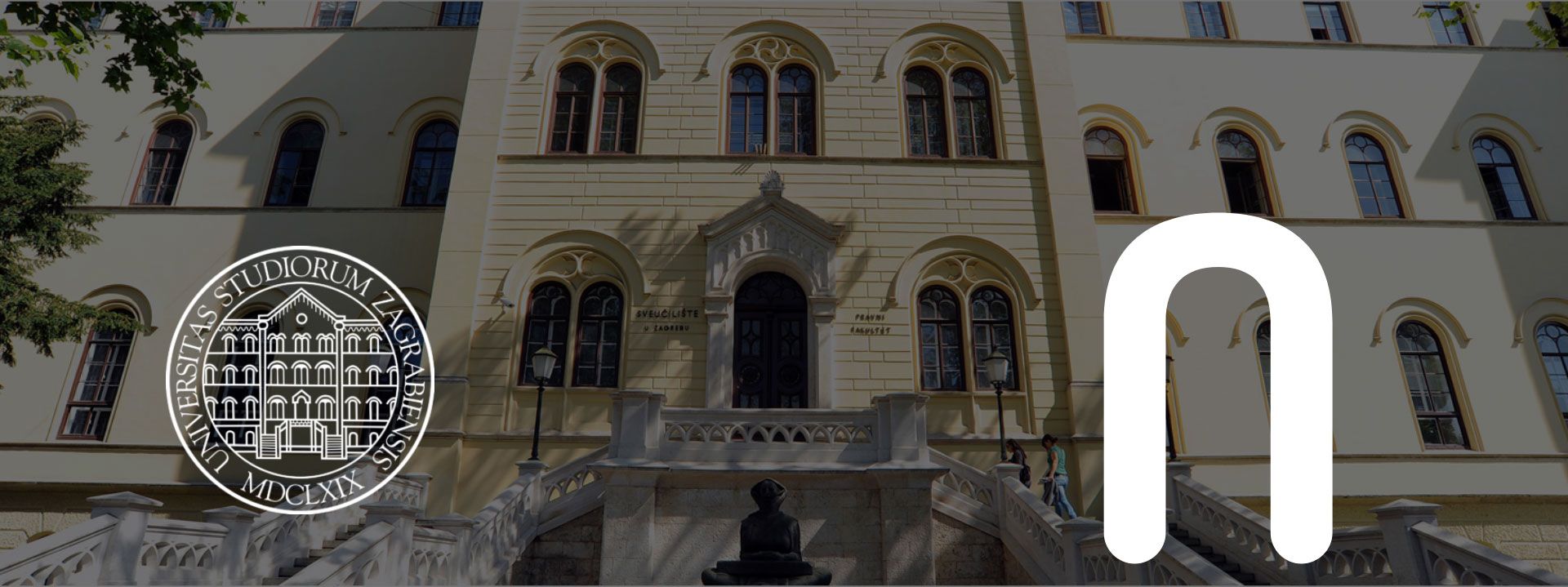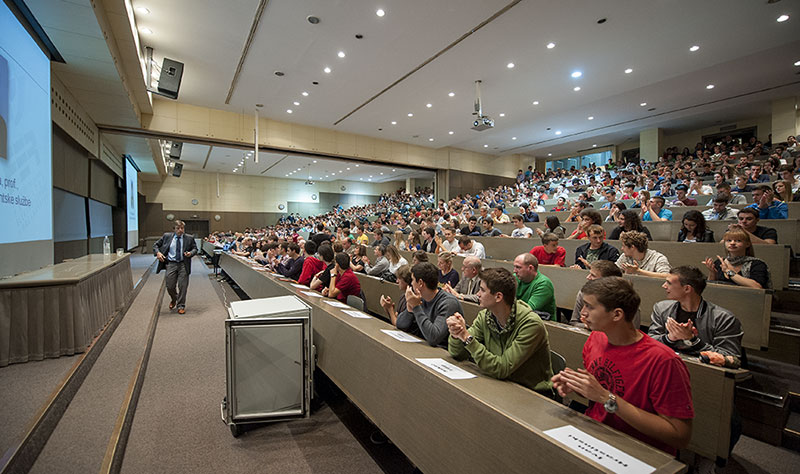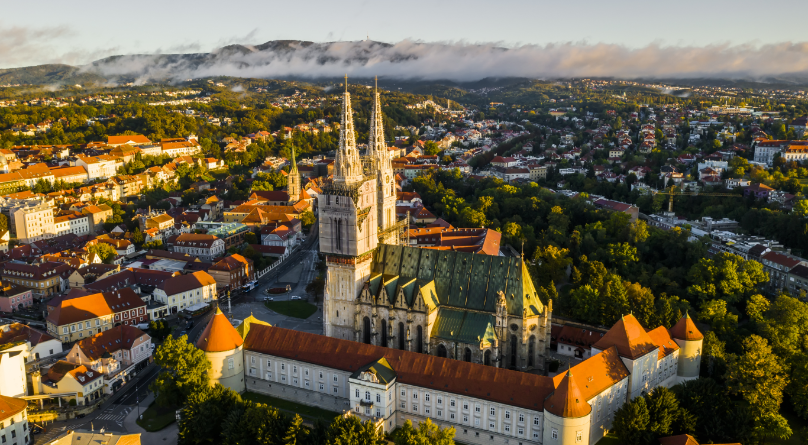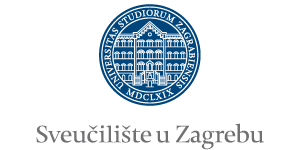University of Zagreb has the following aims and activities that are directly relevant to the further development of UNIC:
- Generating development of society – Within UNIC UniZG is dedicated to developing social and community engagement skills among students and learning about inclusion and diversity challenges in post-industrial settings.
- Excellence in teaching and scientific work – In UNIC, UNiZG promotes the values of ethics, inclusion and diversity in order to shape students as participants in a modern democratic and multicultural society, regardless of their background, social status and other characteristics.
- Innovation in teaching methods. Together with Oulu, UNiZG aims to the further development and application of modern research-oriented teaching methods boosted by information and communication technology, as well as to supporting students in the educational process and creation of a motivating learning environment. New methods enable students to gain qualifications relevant to the global labour market, competences that are important for the development of democratic society and their personal development, and skills that enable students to successfully live and work in a diversified environments and societies.
- Internationalization – Together with the other seven partners, UNiZG strongly emphasizes joint study programmes which facilitates direct international cooperation and mobility of students, as well as teachers.
- UNiZg has a close relationship with the Croatian Science Foundation and is a member of UNICA, EUA and LERU and will use these excellent networks for the dissemination activities of UNIC.





